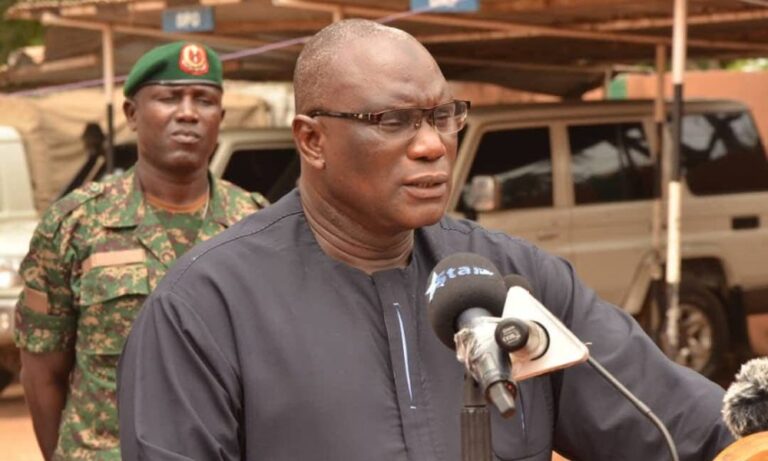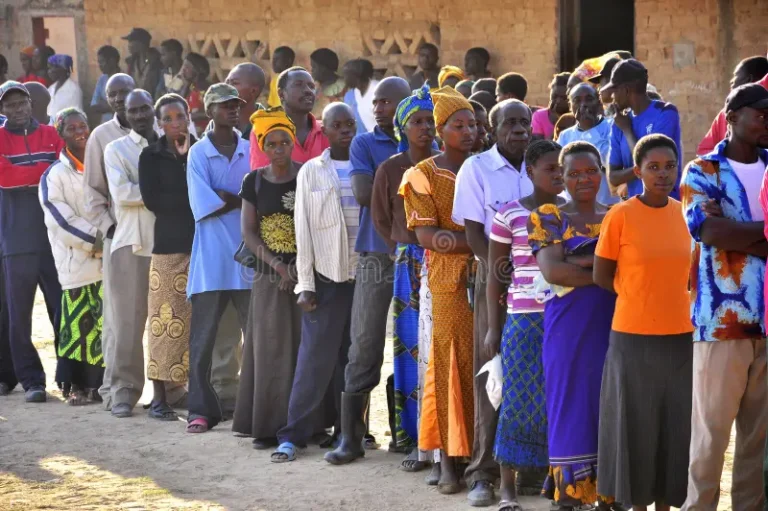WTO agriculture talks at crossroads as chair urges innovation ahead of crucial 2026 summit

The newly appointed Chair of the World Trade Organization’s (WTO) agriculture negotiations, Ambassador Ali Sarfraz Hussain of Pakistan, has called on member states to adopt innovative strategies and avoid repeating past missteps in order to make tangible progress before the 14th Ministerial Conference (MC14) scheduled for March 2026.
Speaking at the Committee on Agriculture meeting on April 30, Ambassador Hussain emphasized that agriculture remains one of the WTO’s most complex and politically sensitive areas.
He underscored the urgency of finding common ground and delivering a meaningful outcome at MC14, which he described as a pivotal opportunity to rebuild the WTO’s credibility amid global uncertainty.
“Members should strive to avoid repeating previous mistakes and explore innovative approaches on agriculture leading up to the 14th WTO Ministerial Conference,” said Hussain.
Since taking office on April 1, the Chair has conducted extensive consultations with various delegations, noting persistent divergences on how best to advance the negotiations.
He pledged to facilitate inclusive and transparent dialogue across all groups, promising that Committee on Agriculture in Special Session (CoASS) meetings would be held as needed to foster collaboration and feedback.
While no facilitator-led process will be initiated for now, Hussain signaled a willingness to launch more technical discussions if necessary.
A stocktaking session is expected in late September or early October to assess progress and define the path forward ahead of MC14.
Members broadly supported the Chair’s approach, emphasizing the need for realistic goals and a clear post-MC14 roadmap.
They welcomed the planned retreat on sustainable agriculture on May 5–6, viewing it as a key step in shaping a collective vision.
Highlighting collaboration as a model for progress, members pointed to ongoing joint efforts between the Cairns Group of agricultural exporters and the African Group.
These discussions, which began in February, aim to draft a modalities package that could form the foundation of future CoASS negotiations.
Dedicated sessions were also held on public stockholding (PSH) for food security and the Special Safeguard Mechanism (SSM).
Hussain acknowledged growing political will to resolve PSH, though divisions remain over sequencing and domestic support.
Several delegations stressed the urgency of securing a permanent PSH solution amid rising global food insecurity.
“There is no alternative to frank exchanges to achieve meaningful progress,” Hussain remarked.
“Progress can be made if we shift from fixed positions to shared solutions.”
On SSM, the Chair noted ongoing differences tied to market access.
He urged members to adopt a pragmatic and creative approach to overcome the current stalemate and deliver a balanced outcome for developing nations.
As discussions intensify, the road to MC14 promises to be both challenging and crucial, with the future of global agricultural trade policy hanging in the balance.
Source: newbusinessethiopia
About The Author
dailymailafric
I am an avid African news observer, and an active member of Daily Mail Africa.
I’m Passionate about staying informed on diverse topics across the continent,
I actively contribute to publishing on political, economic and cultural developments in Africa.



